Thyme (صعتر فارسی)
Thyme is an aromatic herb used widely in cooking and traditional remedies. It adds a rich, earthy flavor to dishes and is valued for its potential health benefits, including support for digestion, immunity, and respiratory wellness.
Substitutes
Common substitutes for thyme include oregano, basil, and marjoram, which provide a similar flavor profile in cooking.
Taste
Thyme has a slightly minty, earthy flavor with subtle floral notes. It adds a fresh aroma and a savory taste to various dishes.
Benefits of Thyme
- Supports respiratory health
- May improve digestive function
- Rich in antioxidants for immune support
- Contains natural antimicrobial properties
- Promotes oral health
- Can help reduce inflammation
Uses of Thyme
- Commonly used as a culinary herb in cooking
- Popular in herbal teas for wellness support
- Added to soups, stews, and sauces for flavor
- Used in homemade mouthwash and gargles
Nutrition Facts
| Nutrient | Per 100g |
|---|---|
| Calories | 101 kcal |
| Carbohydrates | 24.5 g |
| Protein | 5.6 g |
| Fat | 1.7 g |
| Fiber | 14 g |
Frequently Asked Questions
What are the health benefits of thyme?
Thyme supports respiratory health, aids digestion, and has antioxidant and antimicrobial properties.
Can thyme be used in tea?
Yes, thyme is often brewed as a tea to support respiratory and immune health.
Is thyme safe for daily use?
Thyme is generally safe in culinary amounts, but consult a healthcare provider before daily use as a supplement.
What dishes is thyme commonly used in?
Thyme is commonly used in soups, stews, marinades, and roasted dishes for added flavor.
Can thyme help with inflammation?
Yes, thyme has anti-inflammatory properties and may support joint and muscle health.

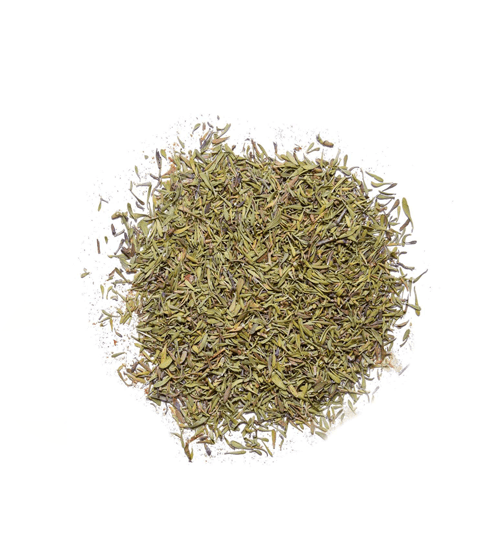

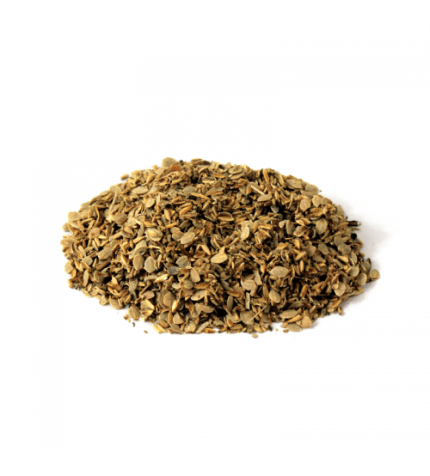



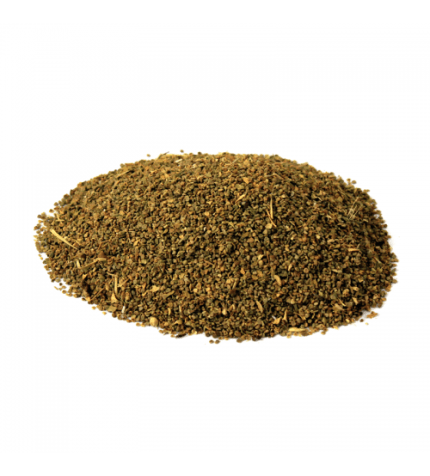
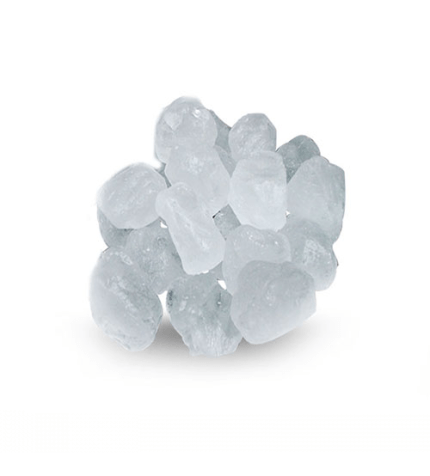




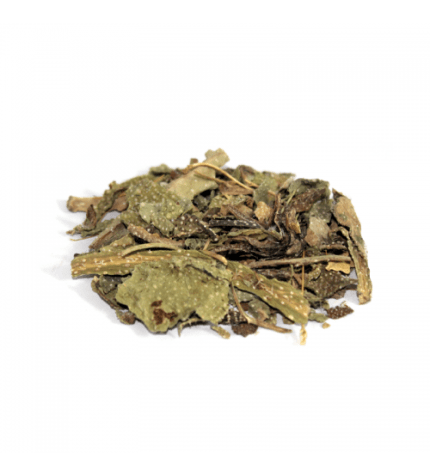
Reviews
There are no reviews yet.